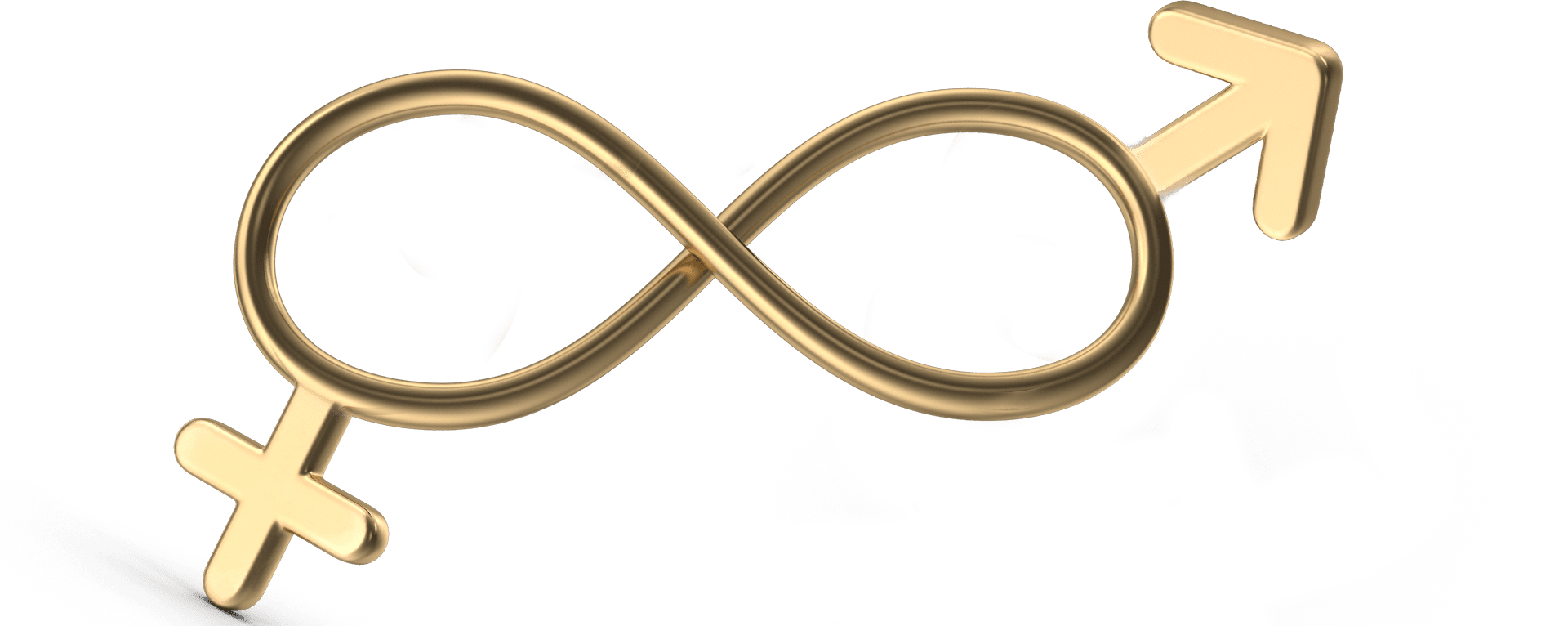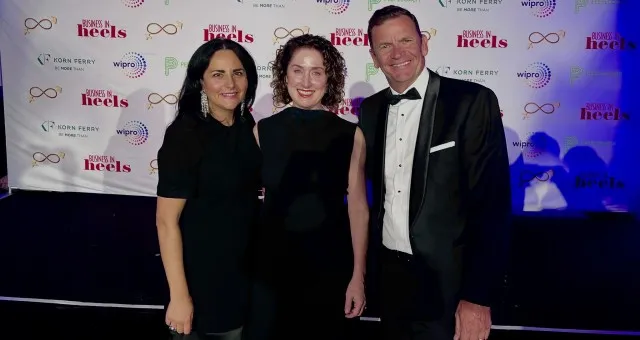

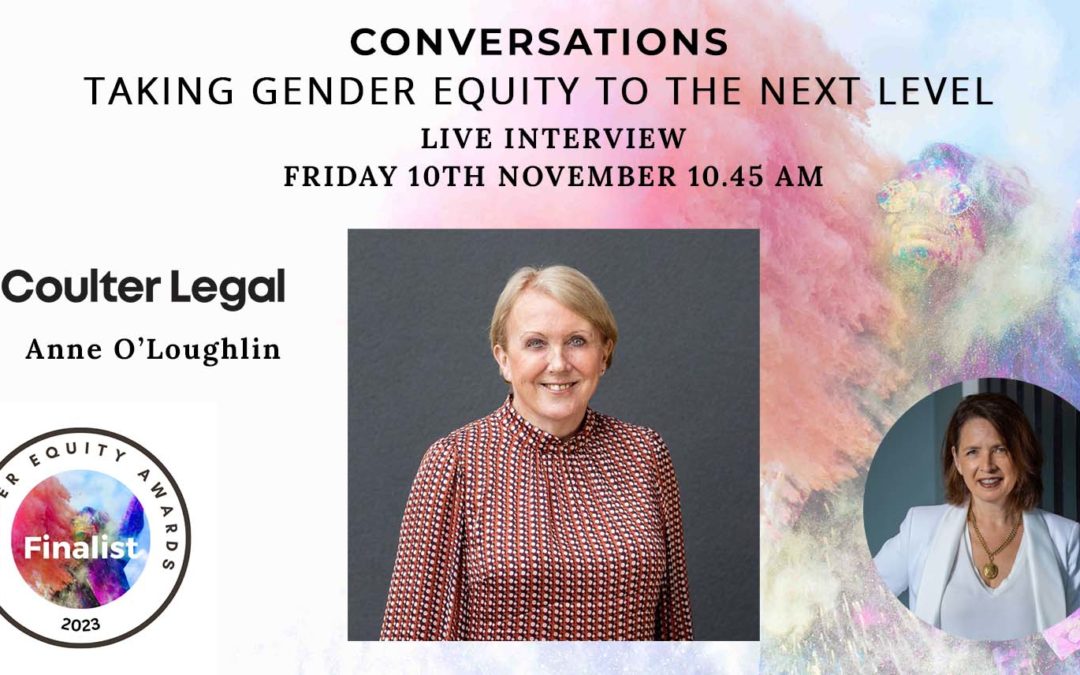
Taking Gender Equality to the Next Level
Meet Anne O’Loughlin, Managing Principal of Coulter Legal and winner of the SME category of Recalibrate: Gender Equity Awards for the second year in a row.
Anne shares with us some of what motivates her to be a driving force for change and she talks about the ground breaking initiatives they have implemented .
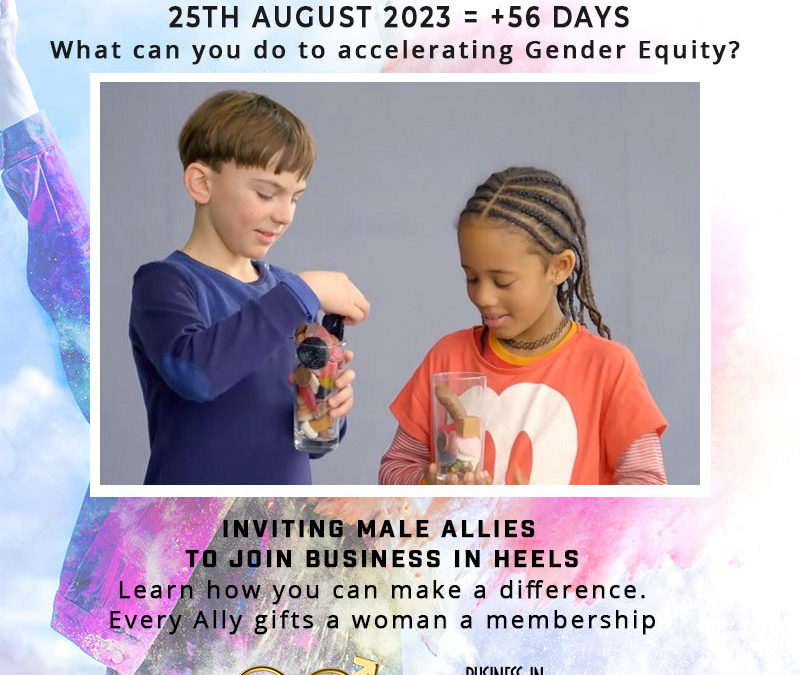
Equal Pay Day Quotes
Equal Pay Day was on August 25, 2023.
In 1969 Australian women earnt the right to equal pay for equal work. But something is still missing.
On average, women in Australian earn less than men. This is called the gender pay gap. Equal Pay Day marks the 56 additional days from the end of the financial year women must work to earn the same average pay.




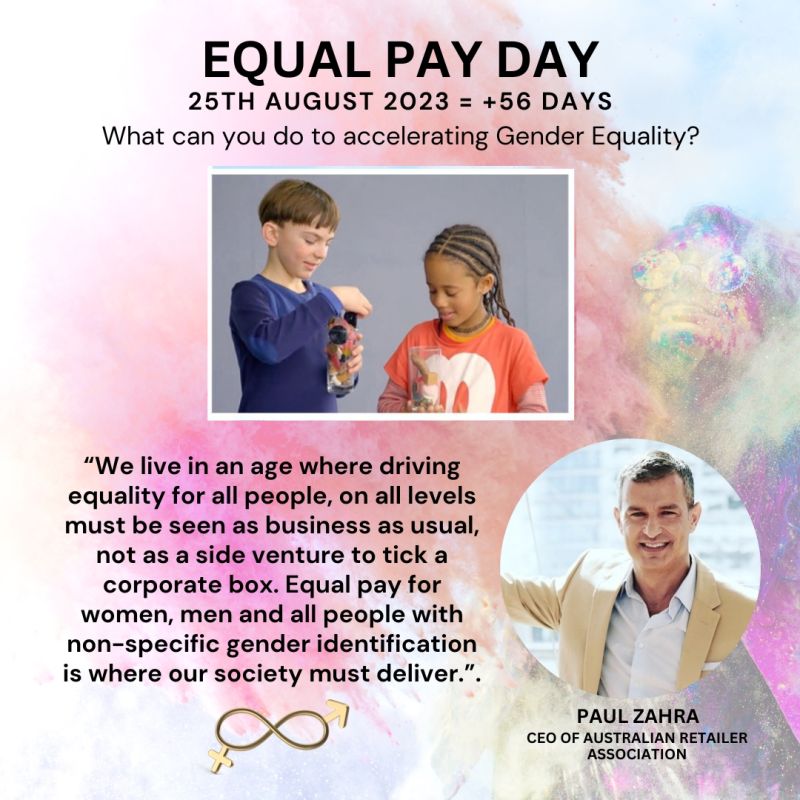


Equal Pay Day
Imagine a world where every person is valued for their contributions, regardless of their gender. A world where the principles of equality and fairness guide our actions, shaping a society that empowers everyone to thrive. This vision isn’t a distant dream – it’s an achievable reality, and it starts with us. As Equal Pay Day approaches on August 25, 2023, we have an opportunity to make a profound impact.
In 1969, Australian women celebrated a historic milestone as they secured the right to equal pay for equal work. But even today, a crucial piece of the puzzle remains missing. On average, women in Australia continue to earn less than their male counterparts, a persistent issue known as the gender pay gap. Equal Pay Day symbolizes the 56 extra days that women must work from the end of the financial year to earn the same average pay as men.
This year we are taking a stand to make a difference. So we asked the judges for the Gender Equity Awards what they think and this is the response from Karen Millward.
Karen Milward – owner operator of Karen Milward Consulting Services and Chairperson – Kinaway Chamber of Commerce Victoria Ltd
Karen’s message
It is so important for young girls and women globally to have the courage and confidence to ask for equal pay and a pay rise. For Aboriginal girls and women, we have the added layer of disadvantage.
We were lucky to be able to gain employment in the first instance in the 1970s but only for blue collar jobs and only after the 1967 referendum to give Aboriginal people the same rights as other Australians. The thought of working in an office, a bank or the corporate world was not heard of, or accepted by the broader Australian community – only domestic work was suitable.
It wasn’t until the 1980s that the Aboriginal community spoke out about having access to education, going to university and studying in any field available. Aboriginal people relied on government subsidised and sponsored education and employment programs to ensure our community had access to opportunities other Australians have enjoyed for many decades. Unfortunately, we still need Aboriginal employment programs and strategies to ensure that our community including Aboriginal women have the right to gain the skills, knowledge and expertise so that they can apply for other roles and senior and executive type roles.
Asking for a pay rise or being able to climb the ladder in any sector or industry didn’t present itself until the early 2000s.
My own experience – I have had jobs in mainstream industries and sectors both in identified and unidentified roles. Asking for a pay rise or another opportunity was not something I thought of a lot as I just felt lucky I had a job. I didn’t feel valued as a woman or an Aboriginal woman as I was often told I only got the job because I was Aboriginal not on merit – very hurtful as a young woman to experience that from other colleagues and employees. So I just kept my head down, didn’t cause any waves and did my job and I did it well!
It wasn’t until I started my own business in 2004 that I learned how to negotiate my rates for contracts. Although this was great I often got asked after submitting tenders – ‘can you do the same work as a non-Aboriginal consultancy’. I was like I just wrote this great tender didn’t I? We want to give you an opportunity as an Aboriginal owned and operated business because we can tick some boxes and we look good that we are helping your community out.
Some future clients also asked me if we give you this contract will you reduce your rates – at least we are giving you the work. This was from non-Aboriginal women in senior roles – so I was a bit shocked. It became pretty clear that I was not valued for my skills, knowledge and expertise it was a tick a box exercise. I didn’t confront this properly I just let it go and then things changed but then I had the same thing happen only 6 months ago.
I was select tendered with two other non-Aboriginal consultancies for some work and they chose one of the non-Aboriginal consultancies – they said my fees were too high. I asked for feedback and they said your fees were too high but I said I would negotiate if asked which was on the front page of my proposal and they said no.
After 15 years I put my rates up as people kept advising me too but I didn’t want to because I didn’t think I would get the work. If client’s just valued the work we do as Aboriginal women, it would go a long way to support our confidence and courage to speak up and out.
Now that I am older and have 19 years of consultancy experience under my belt, I encourage other Aboriginal and non-Aboriginal women not to put themselves in this position – I find the younger female generation are doing this better than when I was younger but more work needs to be done to support our women to thrive and be the best that they can be.
We shouldn’t just be breaking the glass ceiling we need to crack it wide open.
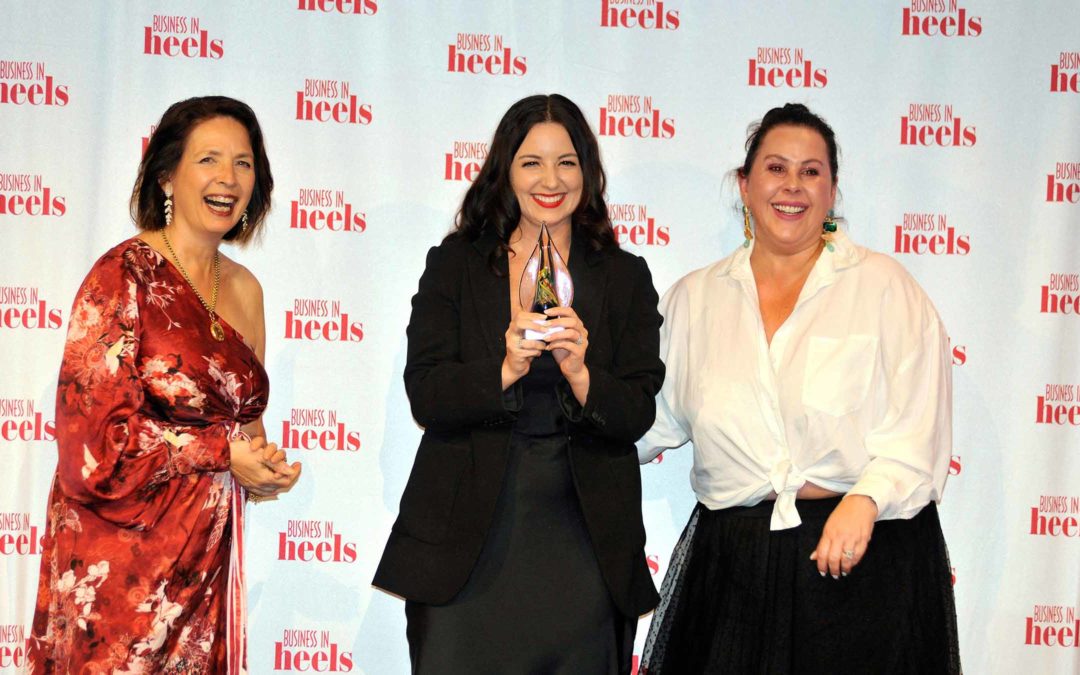
Integrity, Respect, Courage and Transparency are the Keys to L’Oréal’s Win
L’Oréal was a winner of Recalibrate, Gender Equity Awards in Australia. Whilst many would know them as the leading beauty company in the world, not as many would appreciate them as leaders in Gender equity. When asked what they were doing differently it all came down to their Ethical Principles of integrity, respect, courage and transparency that serve as their compass for acting ethically day-to-day.
In 2021, L’Oréal’s new CEO, Nicolas Hieronimus, hosted his first ever Ethics Day livestream alongside Jean-Christophe Sautory, Chief Ethics, Risk & Compliance Officer. The 100% digital event—simultaneously interpreted into English, French, Mandarin and Spanish—fosters sincere and transparent discussion with employees worldwide. Employees were able to speak directly to members of the Group’s Executive Committee and Country Managers to ask them questions about L’Oréal’s ethics policy and how it applies to specific situations encountered at work, or to offer suggestions. An open forum Rodrigo Pizarro, CEO of L’Oréal Australia and New Zealand, still exercises locally with his employees throughout the year.
With over 8,000 questions submitted and nearly 40,000 connections worldwide, employee participation and engagement were particularly high in 2021. The event’s open-dialogue format consistently kindles enthusiasm. Thanks to instant chat and voting, employees were able to select the topics they felt were most important. A lot of questions were answered live. The 2021 edition bested previous years, with 77 ethics dialogue sessions organised across all entities, countries and Zones.
One of the results of this has been L’Oréal’s zero-tolerance policy towards moral harassment, sexual harassment, and discrimination.
“At L’Oréal, we are committed to Transparency. For this reason, we pledge to share regular updates on the voices of our employees and highlight why speaking up on all matters of ethical concerns is important to allow us to progress together.
We are a committed and responsible company, exercising our leadership based on our demanding Ethical Principles and we aim to be an exemplary and inclusive employer. That is why we are determined to address the concerns that we receive and proactively take the appropriate actions to reaffirm L’Oréal’s zero-tolerance policy towards all kinds of harassment and discrimination.” Paul Steer, Chief Human Relations Officer L’Oréal ANZ.
Another commitment has been the work to achieving pay equity for like for like roles. To ensure transparency L’Oréal uses the EDGE pay equity tool. Today they are sitting at 1.99% and are well on their way to it being zero.
As well as pay equity they go out of their way to support their team as parents. They are committed to a flexible work culture based around the Simplicity behaviours of cooperation, trust, empowerment, fairness, transparency and respect. When employees approach them about a flexible work arrangement our people managers first ask why not? Instead of why?
Hayley Sigmund, Market Director for L’Oreal Dermalogical Beauty in New Zealand works part time with flexibility, she says that “when I was planning my return to work from maternity leave one of the first things that I discussed with my manager was how I could manage transition back to work so that my daughter had the time to adjust. I started with 2 days and over a period of about 6 weeks transitioned up to 4 days which was to be in place until I was ready to discuss increasing to 5. Now over 3 years later I’m still working 4 days but have adjusted arrangement to be a 90% role v 80% when I first started the transition to be more reflective of the current situation. While it can sometimes be a challenge for the most part this arrangement works for me, so I haven’t seen a strong enough reason to change it.
I have huge appreciation for the fact that, even though I’ve worked with 3 different managers over this time, they have all been completely supportive of this way of working and never challenged or pressured me to change it. In fact, they’ve supported me holding on to this balance and make the most of the time with my daughter while she’s young.”
This year they have continued to make improvements to stay leaders in Gender equality. They have removed the distinction between primary and secondary carers; for example, regardless of whether you are a mum or dad, you have the same entitlement to leave. This has resulted in an increased uptake by many of the fathers across the business. Another key update has been to include 14 weeks paid parental any employees who suffers the devastating loss of a still birth.
They work hard at being transparent and certification with WGEA & EDGE enable them to do this. The EDGE international certification provides the systems and process to help corporates communicate their efforts and achievements around gender equality. Rodrigo Pizarro, CEO L’Oréal Australia, commented: “In the past five years we have prioritised gender equality consistently year after year, and we are very proud to be recognised by EDGE for the standard we set for ourselves in gender equality. Today gender equality is top of mind in everything we do at L’Oréal Australia to ensure we always provide equal access, equal opportunity and equal rewards”. So, it is no surprise that they were a winner at Recalibrate Gender Equity Awards for Australia.
PHOTO : L to R: Lisa, Sweeney, Louise Corke – Senior Talent Acquisition Consultant and Joanne Nikolas – Payroll Controlling and Analytics
If you would like to learn more about the other finalists then click this link.
